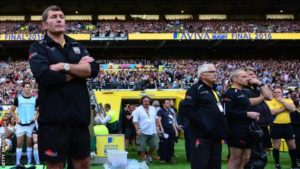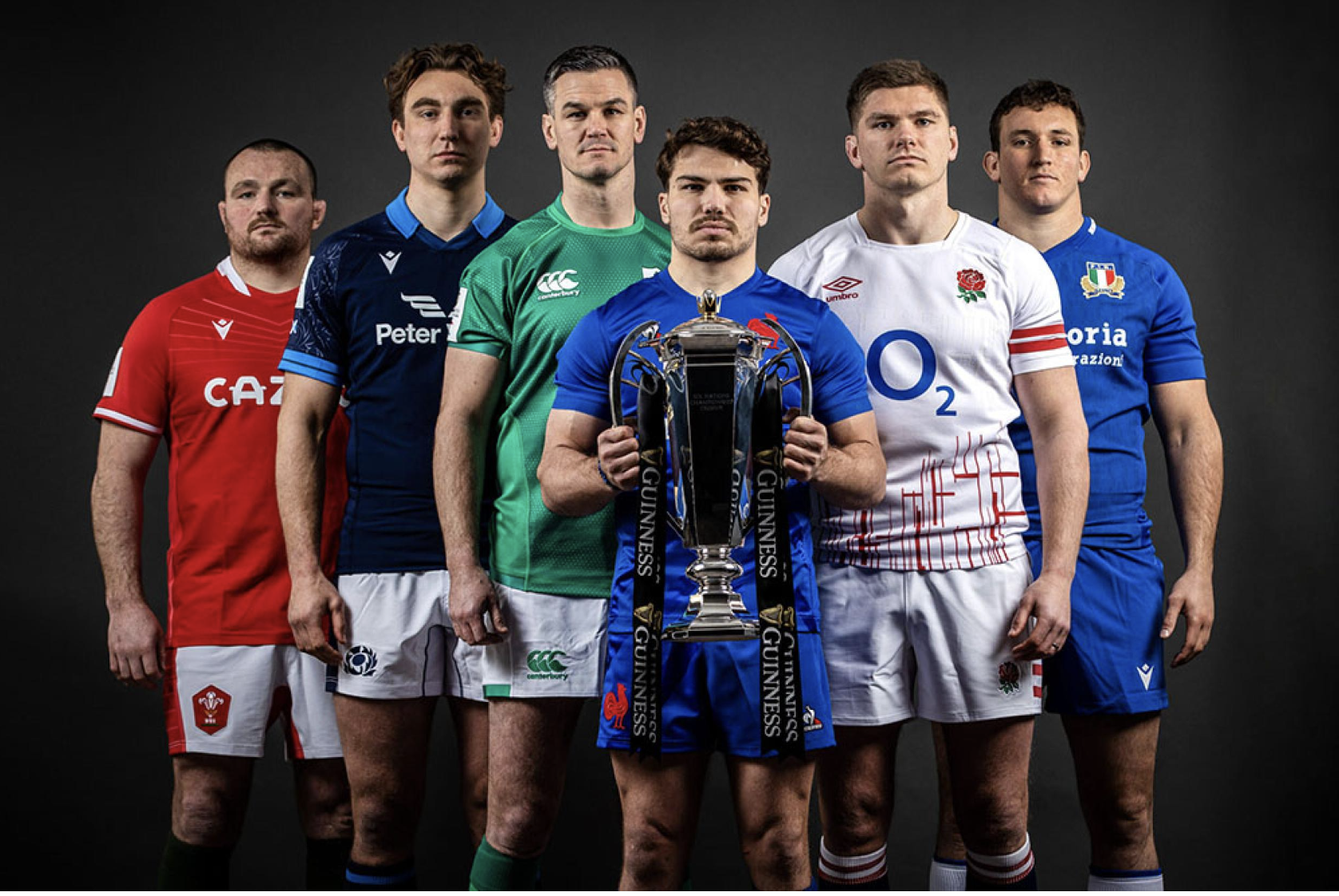Let me start this by saying that I have been to many special sporting occasions over the last 15 years, but I have rarely witnessed anything like the Exeter Chiefs v Wasps semi-final at the Aviva Premiership on Saturday May 21st 2016.
What struck me the most on this occasion was how far the Exeter Chiefs have come under the guidance of Director of Rugby, Rob Baxter, who has been with the club since 2009. The club that I had once played against at the old County Ground has truly turned into a formidable English club.
The Chiefs are guided by strong and consistent support staff who have brought in a culture that (everyone associated with it says) is not contrived, not restrained by posters urging some valedictory outcome, but built on strong foundations and principles linked to simple human motivations. I doubt they are taken from Maslow’s theory of hierarchy but they suggest an innate understanding of how humans best interact in teams.
When Exeter made the semi-final, the players took it upon themselves to serve tea and coffee to supporters waiting to buy tickets, some of whom had queued through the night.
How many professional sportsmen would have done the same? And how many would have volunteered to do so without being solicited in any way?
In my mind, that is true leadership – a team willing to take action, be decisive, stay connected and always looking to act for the greater good.
To sit in the stands or to be in the bars and feel a connection to the players and staff is not unusual for supporters of a sports team, regardless of the level, but in this case the connection was palpable. You could literally feel the passion.
 How do the Chiefs manage to do this? To me it comes from the structure of the club and what it stands for.
How do the Chiefs manage to do this? To me it comes from the structure of the club and what it stands for.
They are sending a signal to other ambitious clubs out there – follow our lead, build the brand, build the infrastructure, support the core that grows the business with the right people, and success will follow.
Of course success, cannot come without the team performing on the field as well. The way in which the Chiefs transitioned from Championship to Premiership finalists has seen a quiet and effective transformation.
There has been no shipping out of those players that brought them initial success. Indeed, of the players who won them the promotion, 13 started in the first premiership game against Gloucester, which resulted in a victory.
What this story proves is that by having and investing in strong leadership, excellent and clear strategic planning, good players who understand the organisational values and work ethic clubs can create a strong base in which to build success.
Under the pouring rain I stood and watched the match in awe and afterwards drank with some of the Chiefs delirious supporters, many of whom had followed the club for many years before they had this fantastic stadium at Sandy Park instead of the ramshackle County Ground.
I watched the huge smiles of the players and staff as they mingled happily long into the night, knowing that Sunday morning they will be focusing on how to win the ultimate prize the following week.
I left thinking that I had truly witnessed the true embodiment of sport and a testimony to what real leadership, values and hard work can bring. You can have all the academic theory and principles, but without real action, real leadership, it’s all hot air.








 When most people hear the word “Peloton” they think of an expensive black bike with shiny red buttons and that controversial commercial where the husband gifted his wife a Peloton for Christmas.
When most people hear the word “Peloton” they think of an expensive black bike with shiny red buttons and that controversial commercial where the husband gifted his wife a Peloton for Christmas. If the app interests you, Peloton is currently offering a 30 day FREE TRIAL, so why not give it a try? Check it out
If the app interests you, Peloton is currently offering a 30 day FREE TRIAL, so why not give it a try? Check it out 

 This article would not be complete, however, if we did not acknowledge some of the delivery issues that have been plaguing Peloton over the last year. Most of the delivery issues seem to affect U.S. deliveries, however, the UK deliveries have been affected as well.
This article would not be complete, however, if we did not acknowledge some of the delivery issues that have been plaguing Peloton over the last year. Most of the delivery issues seem to affect U.S. deliveries, however, the UK deliveries have been affected as well.







